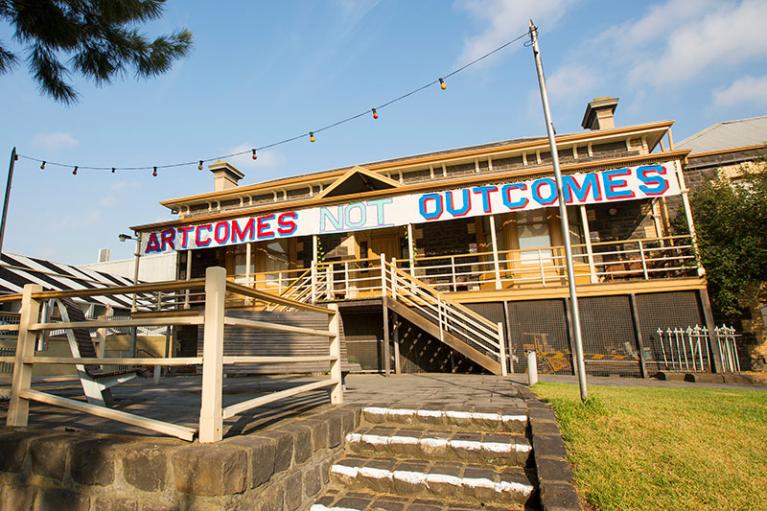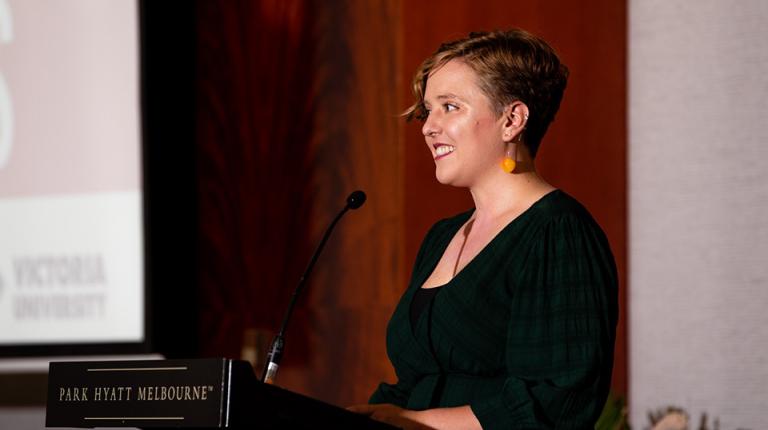Throughout the industry placement units, students in the Bachelor of Community Development course will have an opportunity to gain practical experience by working with:
- non-government organisations (NGOs)
- non-profit organisations (NFPs)
- community groups
- local and state government
- community campaigns
- social enterprises
- education providers.
Second Year Community Development Placement
In the second year of their course, students focus on developing skills for engaging with diverse people and community groups. As this is often the first industry experience students have had, the placement aim is to expand their knowledge of the community sector to further understand industry practice.
The second year placement outcomes can be achieved via multiple placement experiences.
Past placements in second year have included the following types of work:
- engaging in community groups/programs
- surveying community members
- planning and developing a campaign and/or community event
- Climate change activism.
Third Year Community Development Placement
In third year, students enhance the skills and knowledge previously developed, requiring them to exercise a higher degree of autonomy and responsibility.
In this industry placement students complete 200 hours in the one organisation.
The priority is to have students involved in a placement that further develops their professional practice and engagement within the sector. This is a final year placement and, as such, the work completed will reflect the level of expertise that students are rapidly developing within their academic studies.
There is a wide variety of work / projects that students can be involved in while on placement, in negotiation with their agency supervisor.
Past placements in third year have included the following types of work:
- evaluation of community-based programs or activities
- community consultation/needs analysis
- documentation of a program model and its impact on the participants
- development and implementation of community education programs
- NDIS accreditation
- development of organisation training programs




